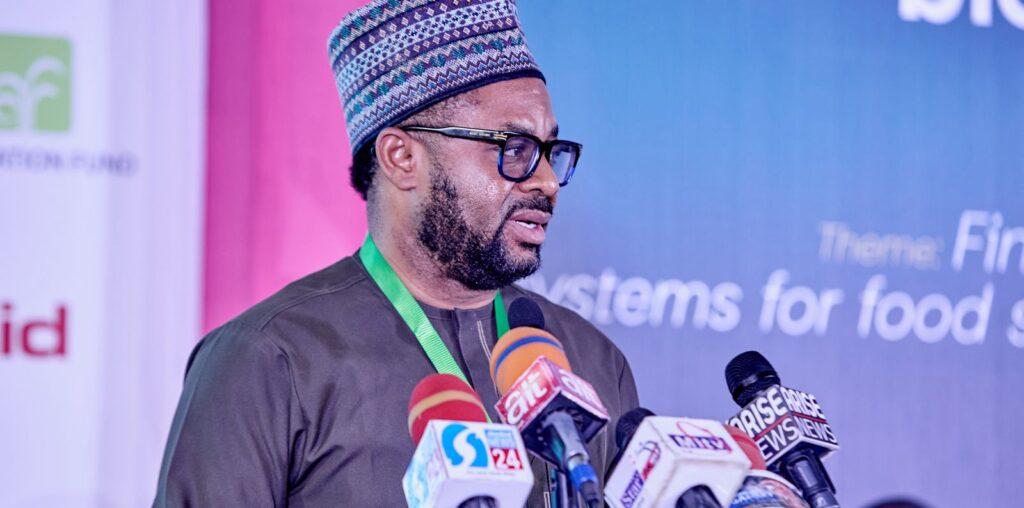
Ahead of the Conference of Parties (COP29) of the United Nations Climate Change Conference, ActionAid Nigeria has called on the Nigerian government to advocate for the revitalisation of the shrinking Lake Chad.
The Country Director of ActionAid Nigeria, Andrew Mamedu, speaking at a National Dialogue and Pre-COP 29 meeting organised by ActionAid Nigeria (AAN) and the Women Environmental Programme (WEP), stressed the need to bring the recharging of Lake Chad into discussions at COP29.
He said, “I have had conversations with ambassadors and high commissioners about Lake Chad, and they have affirmed that it is something they are willing to support, but the political will from the Nigerian government is not strong enough.
“They believe that the Nigerian government should lead the effort to recharge Lake Chad, just as it spearheaded the campaign for debt cancellation. The same level of effort is needed for Lake Chad.”
Mamedu stressed the importance of aligning climate change advocacy, particularly regarding issues affecting women and young people in Nigeria, ahead of regional engagement at COP29.
He noted that one of the biggest impacts of climate change is environmental degradation, from oil pollution in the Niger Delta to the shrinkage of Lake Chad, which has lost over 90% of its original size. This has pushed more than 20 million people—especially women and children—into poverty across Nigeria, Niger, Chad, and Cameroon.
“Climate change does not discriminate. It affects us all, across race, gender, age, and geography. Yet, those least responsible for the crisis—our women, youth, and vulnerable communities—suffer the most,” he said.
“Despite the scale of the problem, commitments from key actors, including governments and the private sector, remain insufficient to protect the environment and secure our future.”
Mamedu noted that ActionAid has recognized the urgency of the climate crisis, launching the ‘Fund Our Future’ campaign to demand stronger climate financing and more equitable solutions.
He added, “The stakes are especially high in Africa, where the median age is 19. This makes our youth not just the leaders of tomorrow, but the key drivers of today’s climate solutions. Promoting youth and women-led initiatives is essential to ensuring sustainable and impactful actions.
“Recharging Lake Chad, with an estimated cost of $30 billion to $40 billion, could lift at least 20 million people out of poverty. Even lifting just 5 million people would be significant, but lifting 20 million would make a transformative difference, particularly for women and children.”
On her part, Executive Director of WEP, Dr. Pricilla Achakpa, explained that influencing the COP agenda happens before the meetings, making it challenging to make changes once the programme begins.
“There are many steps involved in influencing the agenda. If you plan to influence anything once the COP starts, it is too late—the agenda will already be set,” he said.
“As negotiators, the time to engage is during the preparatory phase. You don’t wait until the COP itself. There are processes that civil society organisations must understand when working with the United Nations Framework Convention on Climate Change (UNFCCC).
“UNFCCC is unique. First, you need a clear Nigerian position before discussing anything. This is what Nigeria is currently preparing through its pre-COP meetings, and it is the stage where we can have the most influence.
“The next step is aligning with the ECOWAS position, which then feeds into the African group of negotiators’ stance. This collective African position is what we push forward at COP.”

